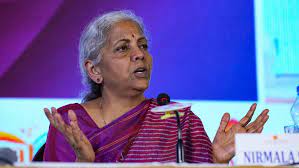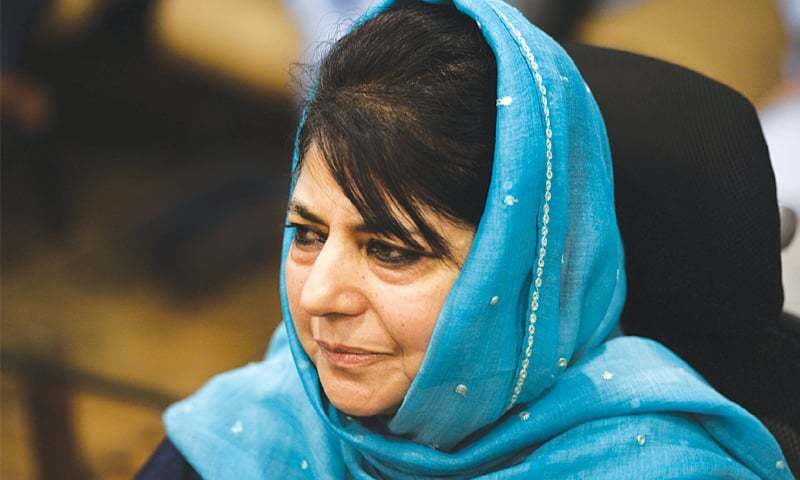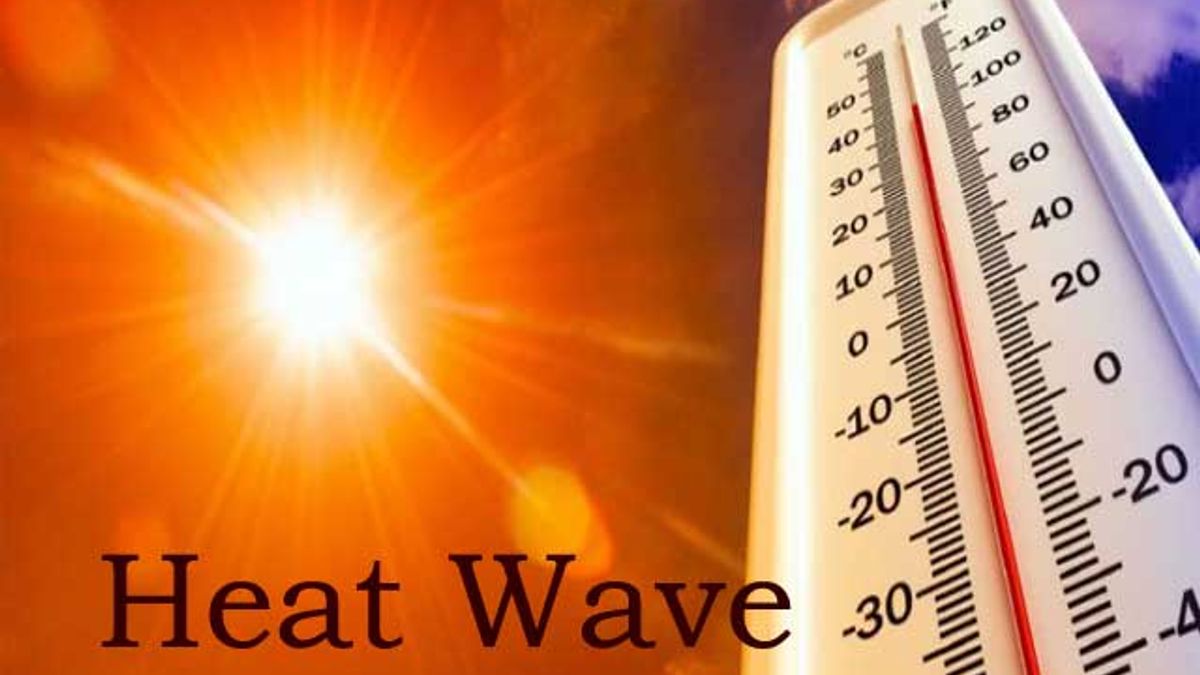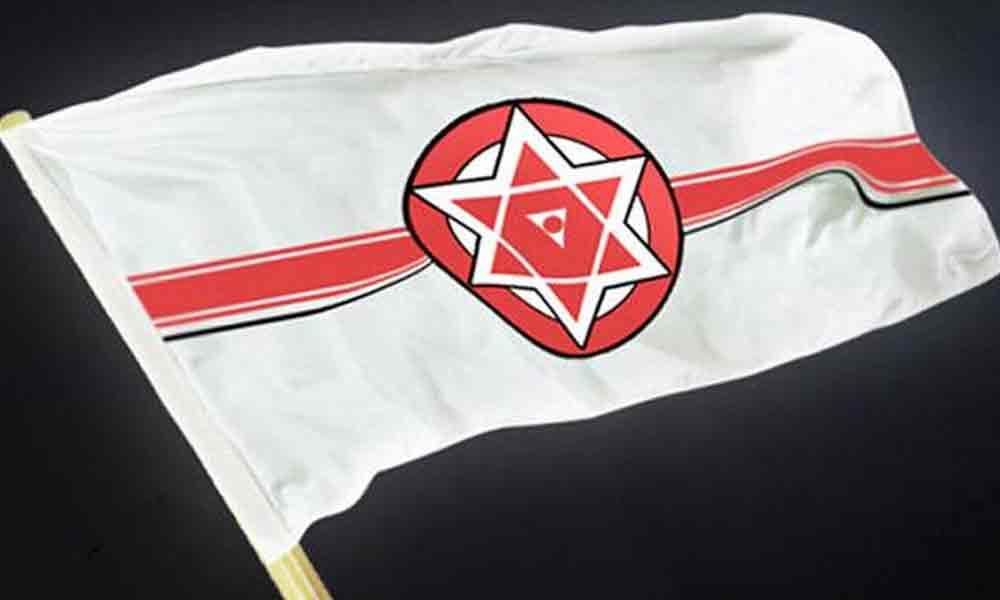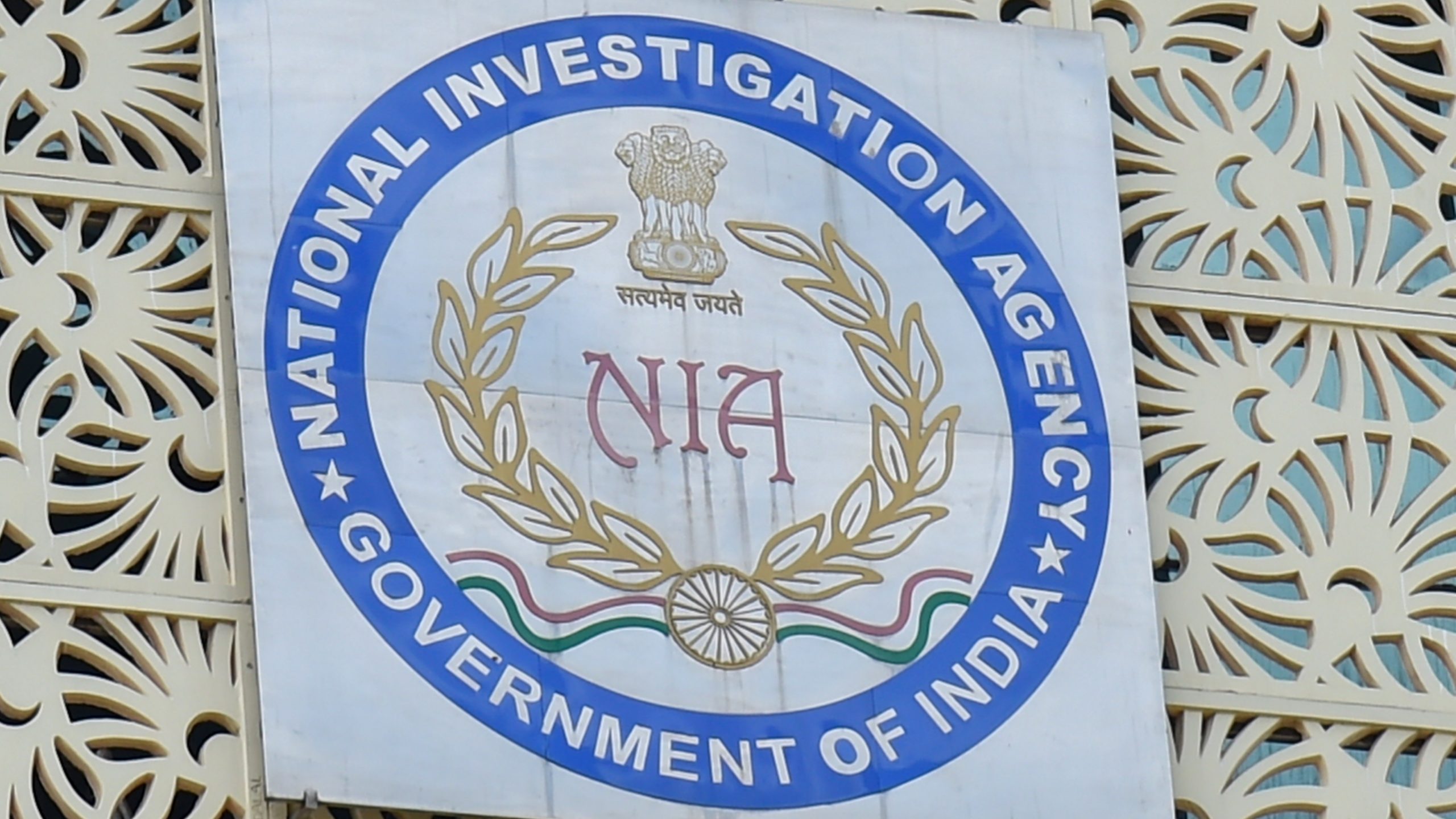Veggies grown on Mars-like soil found safe for humans
Mon 27 Jun 2016, 11:38:11
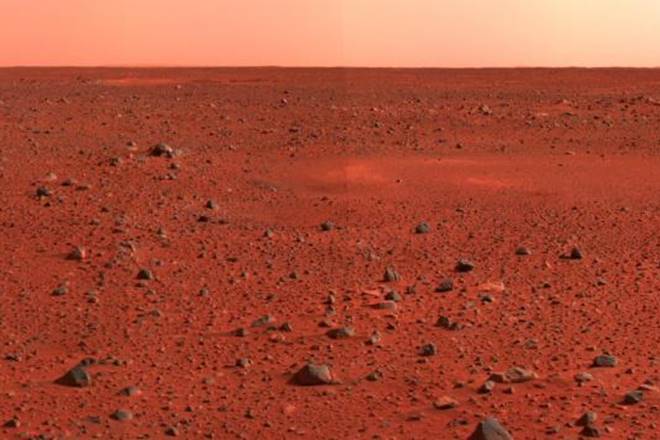
Four vegetables grown on soil similar to that on Mars have been found safe for human consumption, Dutch scientists say. In greenhouses at Wageningen University in the Netherlands, scientists have worked on growing crops on Mars and Moon soil simulants since 2013.
The first experiment demonstrated that crops could grow on the soil simulants.
Last year, the researchers mixed inedible parts of the 2013 plants into the simulant and succeeded to grow ten different crops, of which several were harvested.
One remaining uncertainty was that heavy metals such as cadmium, copper and lead, which are present in the soils, could contaminate the crops. If too high levels of heavy metals from the soil are absorbed in the edible parts of the plants, the crops become poisonous.
The researchers have now tested four of the
ten grown crops for heavy metals: radishes, peas, rye, and tomatoes. No dangerous levels of aluminium, copper, iron, manganese, zinc, arsenic, cadmium, chrome, nickel and lead were found, meaning the four crops are safe to eat.
ten grown crops for heavy metals: radishes, peas, rye, and tomatoes. No dangerous levels of aluminium, copper, iron, manganese, zinc, arsenic, cadmium, chrome, nickel and lead were found, meaning the four crops are safe to eat.
"These remarkable results are very promising," said senior ecologist Wieger Wamelink.
"We can actually eat the radishes, peas, rye, and tomatoes and I am very curious what they will taste like," Wamelink said. For some of the heavy metals the concentrations in the plants were even lower than in the crops grown in potting soil.
"It's important to test as many crops as possible, to make sure that settlers on Mars have access to a broad variety of different food sources," he said.
The crops are not only tested for heavy metals, but also for vitamins, flavonoids and alkaloids.
No Comments For This Post, Be first to write a Comment.
Most viewed from Specials
Most viewed from World
AIMIM News
Latest Urdu News
Most Viewed
May 26, 2020
Do you think Canada-India relations will improve under New PM Mark Carney?
Latest Videos View All
Like Us
Home
About Us
Advertise With Us
All Polls
Epaper Archives
Privacy Policy
Contact Us
Download Etemaad App
© 2025 Etemaad Daily News, All Rights Reserved.


